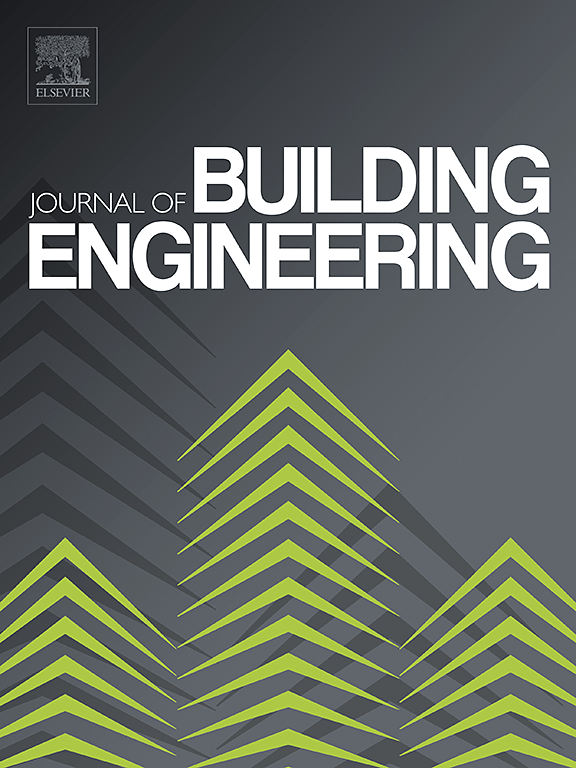Multi-objective optimal scheduling of electricity consumption in smart building based on resident classification
IF 6.7
2区 工程技术
Q1 CONSTRUCTION & BUILDING TECHNOLOGY
引用次数: 0
Abstract
By the end of 2021, the urbanization rate of China had reached 64.72 %. Increasing urbanization rates have led to an 80 percent share of carbon emissions in urban areas. Therefore, a load optimal scheduling model of smart buildings is proposed in this paper, which takes into account the cost of carbon emissions. The model aims to minimize the electric cost for building residents and maximize the utilization of distributed energy. The research focuses on the load optimal scheduling for two types of residents, i.e., the working residents and the retired ones, based on their electricity usage patterns and habits. To address the challenges of uneven load distribution, nonlinear behavior, and uncertainties introduced by electric vehicles and photovoltaic energy, the multi-objective beluga whale optimization algorithm with hybrid reverse learning competitive strategies (RCMBWO) is introduced. It utilizes the energy storage and discharge capabilities of electric vehicles to mitigate the uncertainties of photovoltaic energy generation. The simulation results show that load optimal scheduling for both types of residents can lead to significant cost savings for a smart building with 100 households, approximately 29,554 RMB per year. Furthermore, the optimized results can guide the determination of the appropriate size for the photovoltaic energy storage system, reducing energy waste resulting from insufficient energy consumption capability of smart buildings. The research on targeted load optimal scheduling for classified residents presents a viable solution for enhancing the cost-effectiveness and environmental benefits of smart buildings.
基于居民分类的智能楼宇用电多目标优化调度
到 2021 年底,中国的城镇化率达到 64.72%。城市化率的提高导致城市地区的碳排放量占到 80%。因此,本文提出了一种考虑碳排放成本的智能建筑负荷优化调度模型。该模型旨在使楼宇居民的用电成本最小化,并使分布式能源的利用率最大化。研究重点是根据两类居民(即在职居民和退休居民)的用电模式和习惯,对其进行负荷优化调度。为应对电动汽车和光伏能源带来的负荷分布不均、非线性行为和不确定性等挑战,引入了混合反向学习竞争策略的多目标白鲸优化算法(RCMBWO)。该算法利用电动汽车的储能和放电能力来缓解光伏发电的不确定性。仿真结果表明,对两种类型的住户进行负荷优化调度,可为一座拥有 100 户住户的智能建筑节省大量成本,每年约为 29 554 元人民币。此外,优化结果还能指导确定光伏储能系统的适当规模,减少智能建筑因耗能能力不足而造成的能源浪费。针对分类居民的定向负荷优化调度研究为提高智能建筑的成本效益和环境效益提供了可行的解决方案。
本文章由计算机程序翻译,如有差异,请以英文原文为准。
求助全文
约1分钟内获得全文
求助全文
来源期刊

Journal of building engineering
Engineering-Civil and Structural Engineering
CiteScore
10.00
自引率
12.50%
发文量
1901
审稿时长
35 days
期刊介绍:
The Journal of Building Engineering is an interdisciplinary journal that covers all aspects of science and technology concerned with the whole life cycle of the built environment; from the design phase through to construction, operation, performance, maintenance and its deterioration.
 求助内容:
求助内容: 应助结果提醒方式:
应助结果提醒方式:


